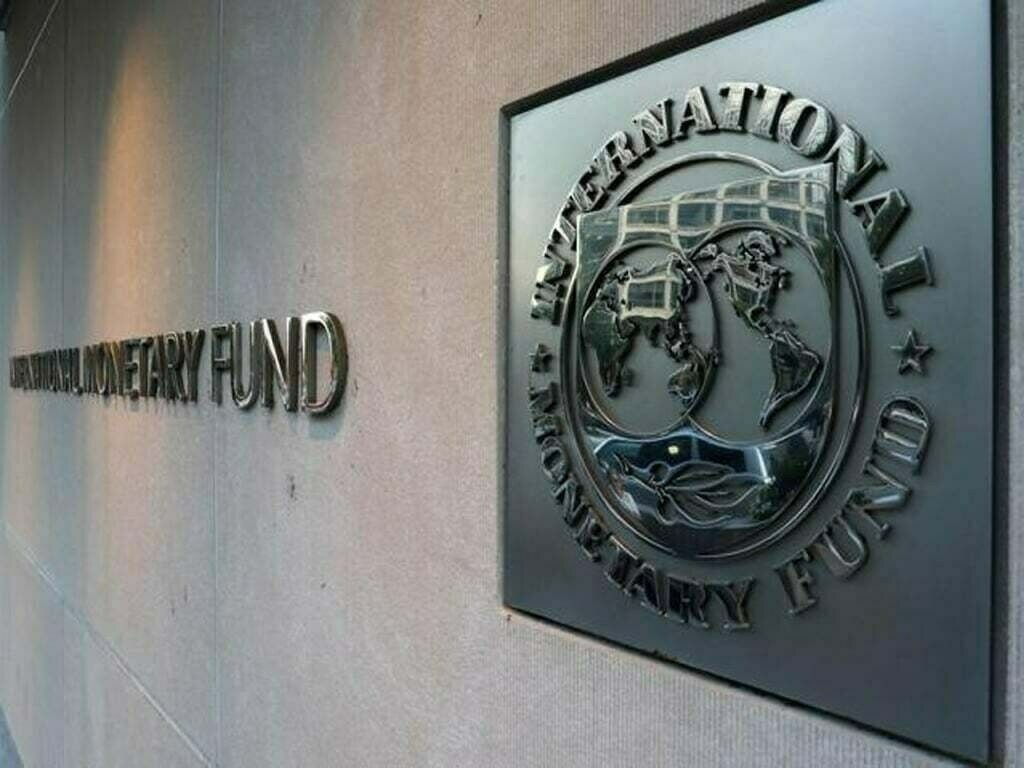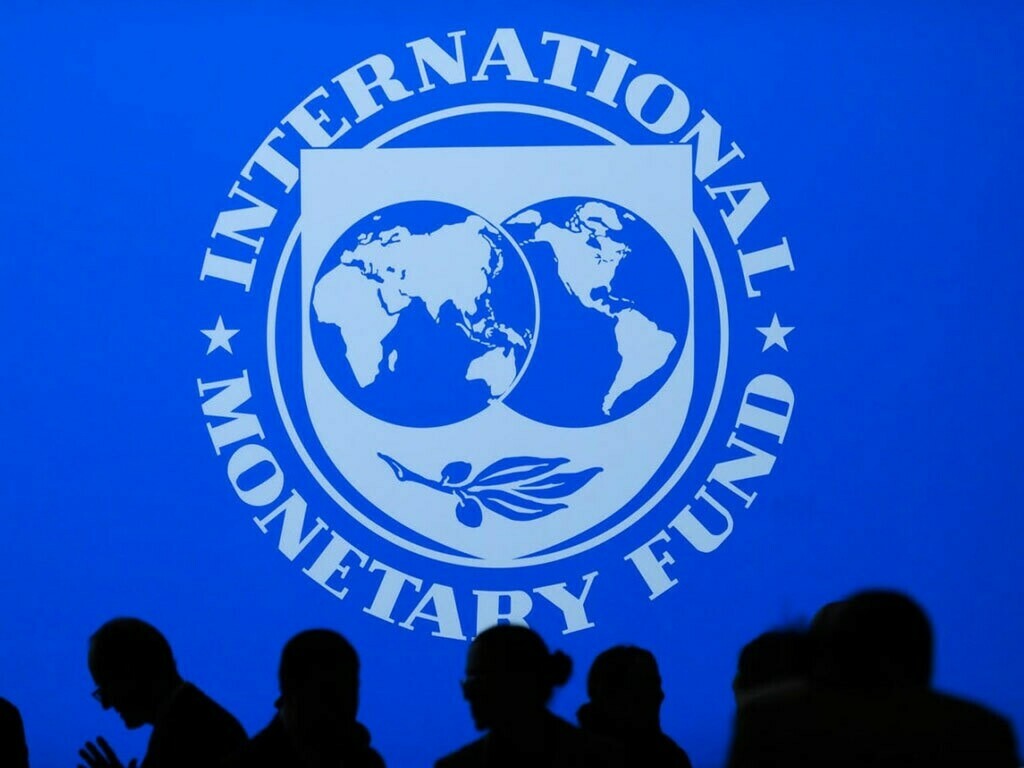Mohsin Siddiqui Chief Reporter
The International Monetary Fund (IMF) has stressed the necessity for robust cost-side reforms to rejuvenate Pakistan’s energy sector, emphasizing the imperative review of power purchase agreements as part of the agenda.
In its staff report detailing the second and final review under the recently concluded $3-billion Stand-By Arrangement, the IMF underlined Pakistan’s capability to achieve its fiscal year 2023-24 circular debt management plan (CDMP) target of Rs2.3 trillion without accumulating net zero stock.
The IMF report, released on Friday, underscored the criticality of timely notification of the FY25 annual rebasing to prevent further circular debt flow. It also advocated for intensified collection efforts and the institutionalization of digital monitoring to curb debt accumulation.
Furthermore, the report urged the authorities to advance agricultural tube well subsidy reform, with a finalized plan targeted by the end of FY24.
However, the IMF emphasized that restoring energy sector viability hinges on robust cost-side reforms, including efforts to enhance transmission infrastructure for better integration and expansion of renewable energy capacity.
Improving DISCO (Distribution Companies) performance through privatization or long-term management concessions, shifting captive power demand to the grid, and revisiting power purchase agreements were also highlighted as essential steps.
Moreover, the conversion of publicly-guaranteed PHPL (Power Holding Private Limited) debt into cheaper public debt was deemed crucial.
The 65-page staff report broadly outlines the reform agenda undertaken by Pakistan and areas requiring further efforts. While power purchase agreements have not been heavily scrutinized, the focus remains on stabilizing recovery and tariffs to sustainable levels.
The report acknowledged that Pakistan’s aggressive policy to add power capacity has been impeded by years of slow economic growth, power theft, and underinvestment in transmission and distribution networks, leading to inadequate bill recovery.




